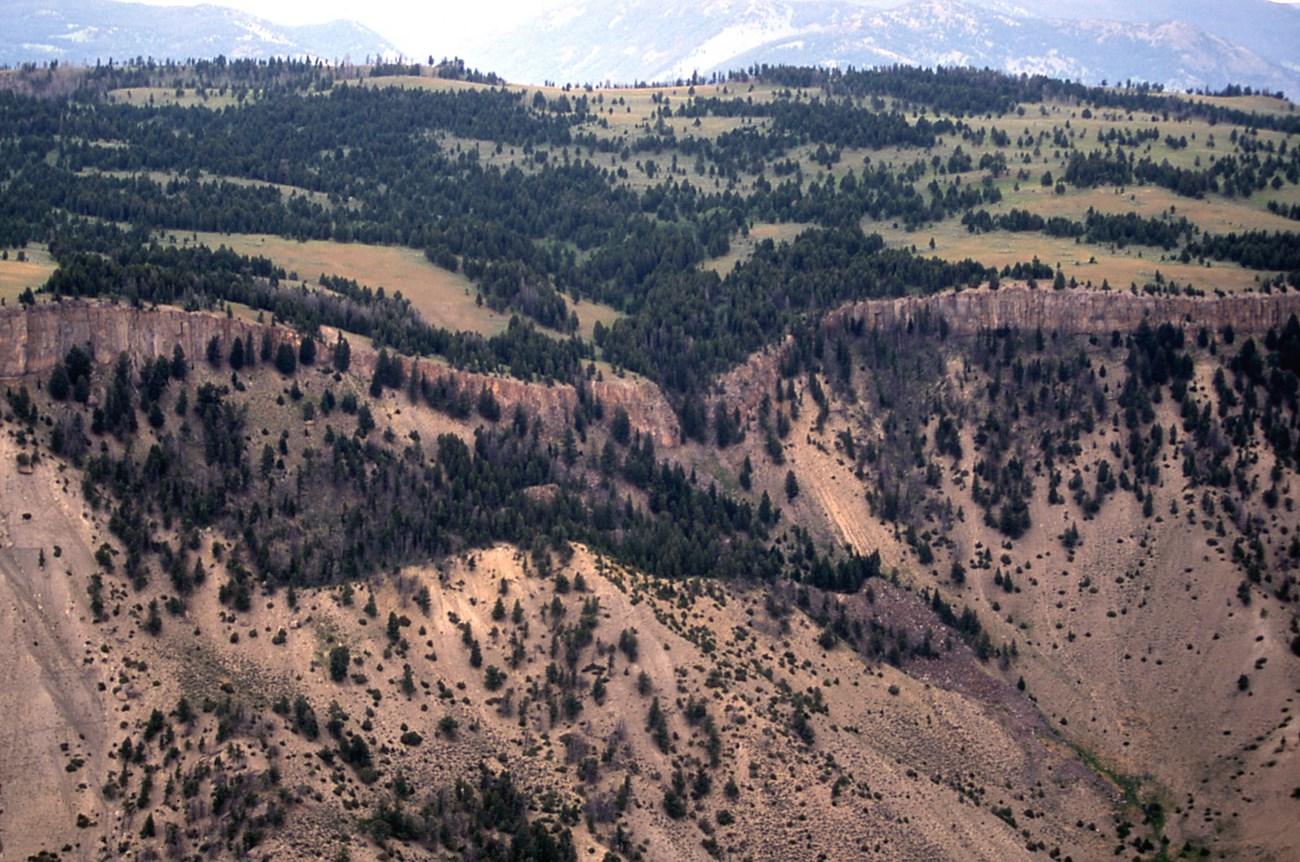
Gallatin National Forest: Montana's Natural Wonderland
Gallatin National Forest, located in the stunning state of Montana, is a haven for nature lovers and adventure seekers alike. Spanning over 2.1 million acres, this forest offers a diverse landscape of towering mountains, lush valleys, and crystal-clear rivers. Whether you're looking to hike, fish, camp, or simply soak in the serene beauty, Gallatin National Forest has something for everyone. One of the forest's most notable attractions is the iconic Yellowstone River, which winds its way through the terrain, offering excellent opportunities for fly fishing and river rafting. Wildlife enthusiasts will be thrilled by the chance to spot elk, moose, and even the occasional grizzly bear in their natural habitat. The forest's extensive trail system provides access to some of the most breathtaking vistas in the region, including the awe-inspiring Absaroka-Beartooth Wilderness. For those interested in winter sports, Gallatin National Forest does not disappoint. The forest is home to several world-class ski resorts, including Big Sky Resort, which boasts some of the best skiing and snowboarding in the country. Snowmobiling and cross-country skiing are also popular activities during the winter months. With its rich history, diverse ecosystems, and endless recreational opportunities, Gallatin National Forest is a must-visit destination for anyone traveling to Montana.
Local tips in Gallatin National Forest
- Visit in late spring or early fall for the best hiking weather and fewer crowds.
- Carry bear spray and know how to use it; wildlife encounters are common.
- Book accommodations early if planning to stay near popular areas like Big Sky Resort.
- Check local fishing regulations and obtain the necessary permits before casting your line.
- Layer your clothing; weather can change rapidly, especially in higher elevations.
Gallatin National Forest: Montana's Natural Wonderland
Gallatin National Forest, located in the stunning state of Montana, is a haven for nature lovers and adventure seekers alike. Spanning over 2.1 million acres, this forest offers a diverse landscape of towering mountains, lush valleys, and crystal-clear rivers. Whether you're looking to hike, fish, camp, or simply soak in the serene beauty, Gallatin National Forest has something for everyone. One of the forest's most notable attractions is the iconic Yellowstone River, which winds its way through the terrain, offering excellent opportunities for fly fishing and river rafting. Wildlife enthusiasts will be thrilled by the chance to spot elk, moose, and even the occasional grizzly bear in their natural habitat. The forest's extensive trail system provides access to some of the most breathtaking vistas in the region, including the awe-inspiring Absaroka-Beartooth Wilderness. For those interested in winter sports, Gallatin National Forest does not disappoint. The forest is home to several world-class ski resorts, including Big Sky Resort, which boasts some of the best skiing and snowboarding in the country. Snowmobiling and cross-country skiing are also popular activities during the winter months. With its rich history, diverse ecosystems, and endless recreational opportunities, Gallatin National Forest is a must-visit destination for anyone traveling to Montana.
When is the best time to go to Gallatin National Forest?
Iconic landmarks you can’t miss
Custer Gallatin National Forest
Discover the breathtaking beauty of Custer Gallatin National Forest, a paradise for nature lovers and adventure seekers in Montana.
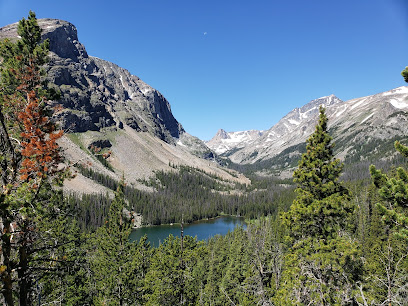
Ousel Falls Park & Trailhead
Explore the breathtaking Ousel Falls Park & Trailhead in Montana, a perfect destination for hiking, nature watching, and enjoying stunning waterfalls.
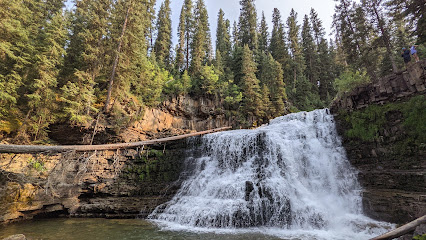
Gallatin History Museum
Discover the captivating history of Gallatin Valley at the Gallatin History Museum, where the past comes alive through engaging exhibits and community events.
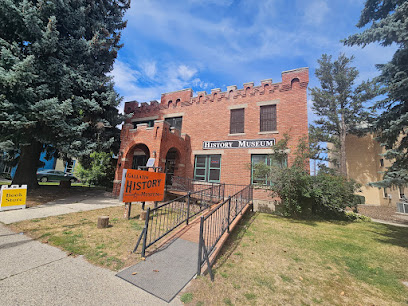
Bozeman Trail Historic Marker
Discover the historic Bozeman Trail, a scenic hiking area where history and nature intertwine, creating an unforgettable Montana experience.
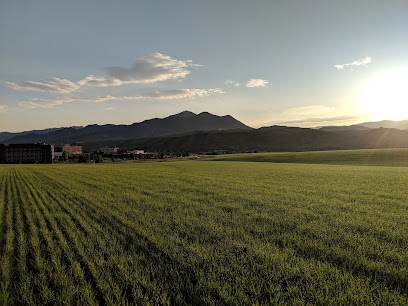
Historic Main Boulder Ranger Station
Explore the Historic Main Boulder Ranger Station: A Gateway to Montana's Natural Beauty and Rich Heritage.
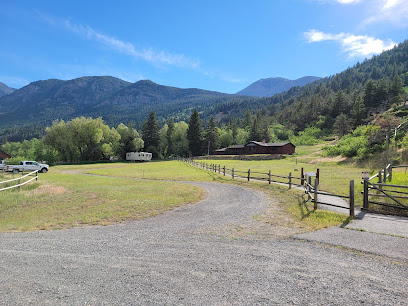
Unmissable attractions to see
Grizzly & Wolf Discovery Center
Discover the breathtaking world of grizzly bears and wolves at the Grizzly & Wolf Discovery Center in West Yellowstone, Montana, a vital wildlife conservation haven.
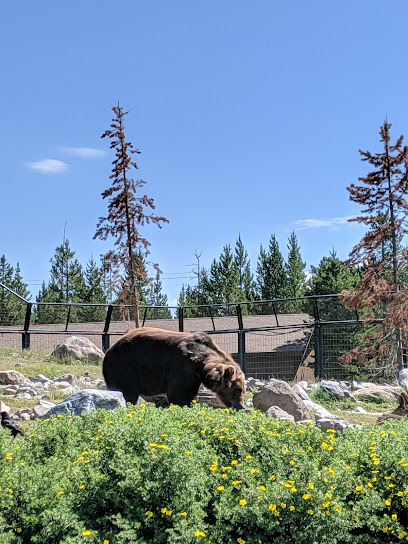
Roosevelt Arch
Discover the iconic Roosevelt Arch, a historic gateway to Yellowstone National Park, blending stunning architecture and breathtaking landscapes.
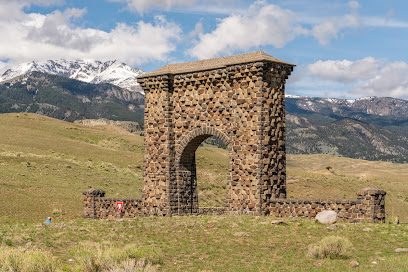
Museum of the Rockies
Explore the Museum of the Rockies, where the past comes alive with incredible dinosaur exhibits and immersive planetarium experiences for the whole family.
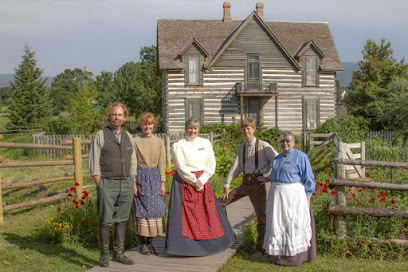
Custer Gallatin National Forest
Discover the breathtaking scenery and endless adventures at Custer Gallatin National Forest, Montana's premier destination for outdoor enthusiasts.
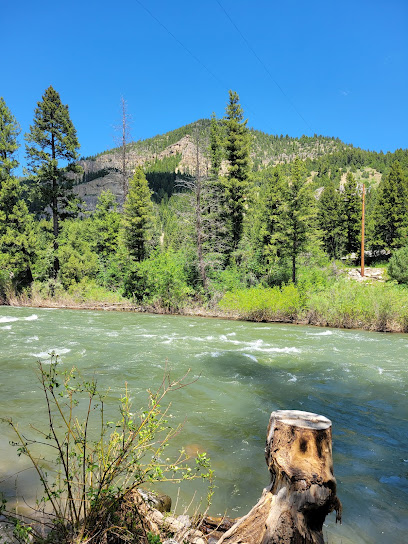
Ousel Falls Park & Trailhead
Explore Ousel Falls Park & Trailhead in Gallatin Gateway, Montana - a breathtaking hiking destination with stunning waterfalls and serene landscapes.
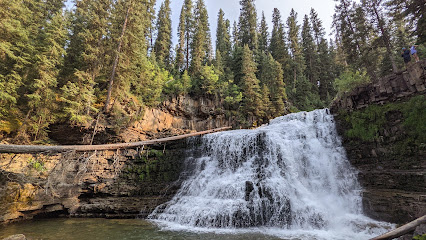
Mountains Walking Brewery
Discover the heart of Bozeman's craft beer scene at Mountains Walking Brewery, where local flavors and stunning views come together.

Montana Whitewater Rafting & Zipline - Gallatin
Experience unforgettable adventures at Montana Whitewater Rafting & Zipline in Gallatin Gateway, the ultimate destination for thrill-seekers and nature lovers.
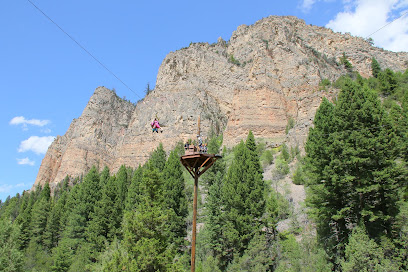
Gallatin County Regional Park
Explore the breathtaking Gallatin County Regional Park in Bozeman, MT, a haven for outdoor enthusiasts with trails, wildlife, and stunning landscapes.
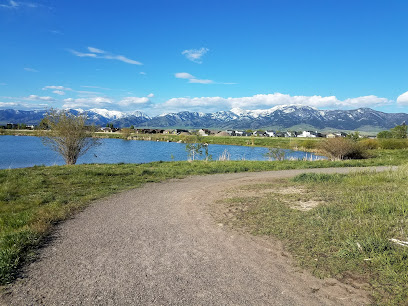
Lindley Park Center
Explore Lindley Park Center in Bozeman, Montana, a peaceful park offering scenic walking paths, picnic areas, and family-friendly activities in a beautiful natural setting.

Montana Grizzly Encounter
Discover the breathtaking world of grizzly bears at Montana Grizzly Encounter, a leading wildlife rescue and education center in Bozeman, Montana.
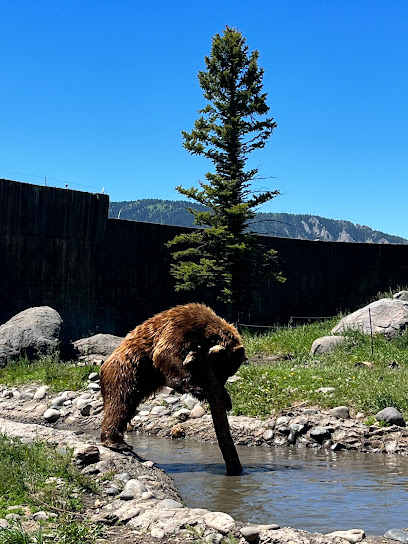
American Computer & Robotics Museum
Discover the fascinating history of technology at the American Computer & Robotics Museum in Bozeman, Montana, where innovation meets education.

Peets Hill/Burke Park
Explore the stunning vistas and outdoor adventures at Peets Hill/Burke Park, a top tourist attraction in Bozeman, Montana.
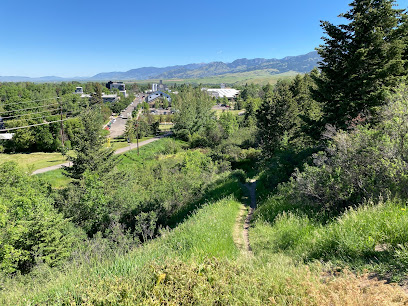
Glen Lake Rotary Park
Discover the tranquility and recreational delights of Glen Lake Rotary Park, a picturesque retreat in Bozeman, Montana, perfect for nature lovers and families.
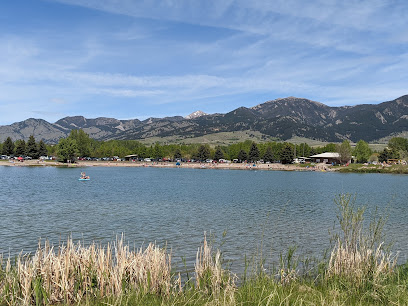
Natural Bridge Falls Picnic Area
Discover tranquility at Natural Bridge Falls Picnic Area, a scenic retreat in Montana offering stunning views, picnic spots, and serene hiking trails.
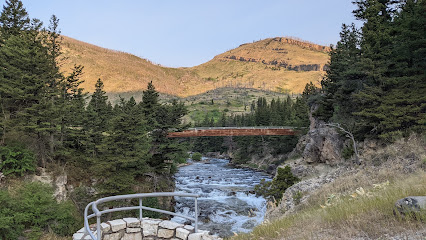
College 'M'
Explore the breathtaking Trail to 'M' in Bozeman, Montana, where stunning views and outdoor adventure await every visitor.
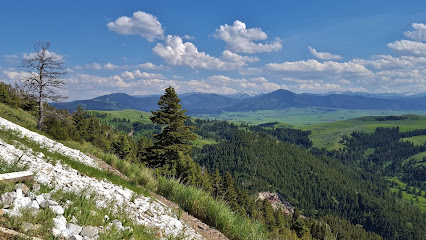
Essential places to dine
Ted's Montana Grill
Experience authentic American cuisine at Ted's Montana Grill in Bozeman—delicious bison burgers and more await you!

Western Café
Discover delicious American breakfasts at the Western Café, Bozeman's favorite spot for fresh ingredients and hearty meals.
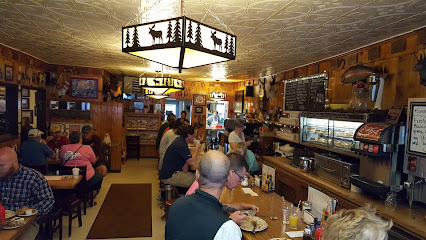
Montana's Rib & Chop House - Livingston
Experience the best of Montana dining at Rib & Chop House - savor delicious steaks and barbecue in a family-friendly atmosphere.
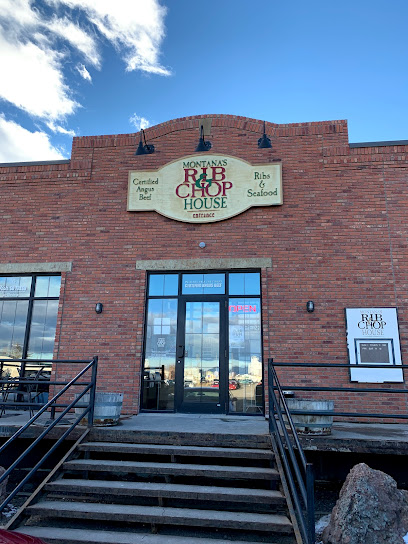
Riverhouse BBQ & Events
Experience mouthwatering barbecue in Gallatin Gateway at Riverhouse BBQ & Events - a perfect venue for food lovers and celebrations alike.
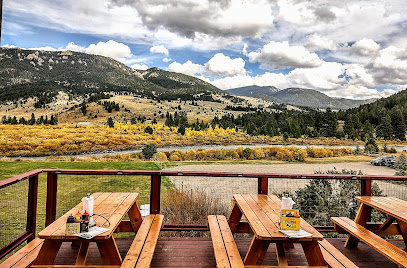
Sparky's Garage Dillon
Discover the heart of American cuisine at Sparky's Garage Dillon - where delicious food meets nostalgic charm in beautiful Montana.
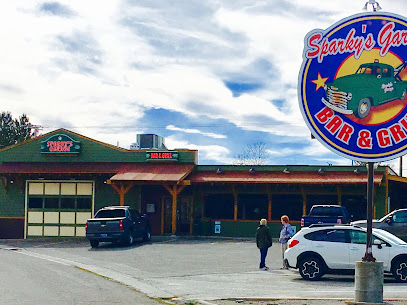
MacKenzie River Pizza Co.
Experience the best of American cuisine at MacKenzie River Pizza Co., where every bite is crafted with fresh ingredients and local flavors.
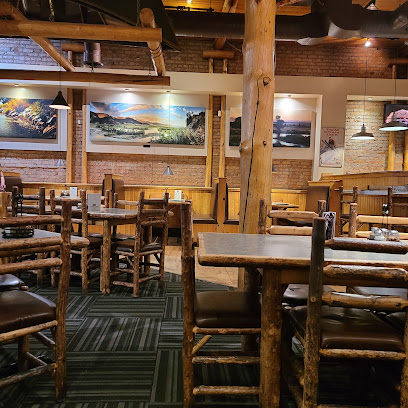
Outback Steakhouse
Experience the vibrant flavors of Australia at Outback Steakhouse in Bozeman—where delicious steaks and warm hospitality meet.
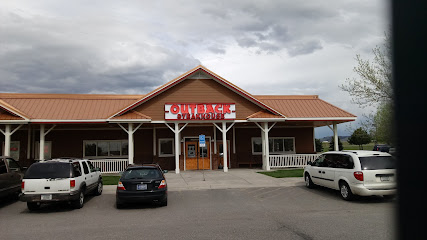
Stacey's Old Faithful Bar & Steakhouse
Discover hearty meals and warm hospitality at Stacey's Old Faithful Bar & Steakhouse in Gallatin Gateway, Montana.
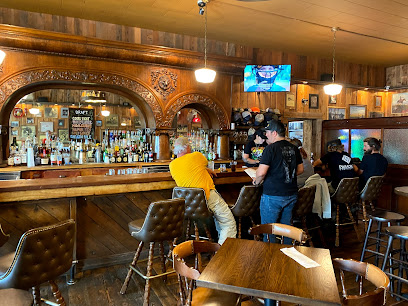
The Land of Magic
Experience unforgettable dining at The Land of Magic Steakhouse in Montana - where every meal is crafted with passion and flavor.
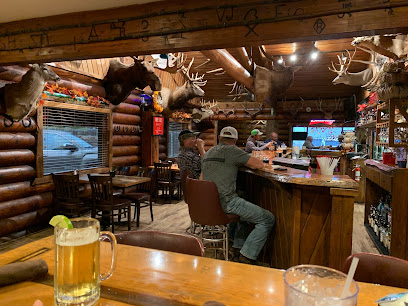
Buck's T-4 Restaurant
Experience authentic Montanan cuisine at Buck's T-4 Restaurant in Big Sky - where local flavors meet warm hospitality.
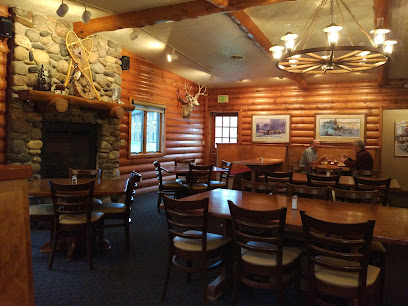
Wendy's
Discover Wendy's in Belgrade - where delicious fast food meets local charm amidst stunning Montana landscapes.
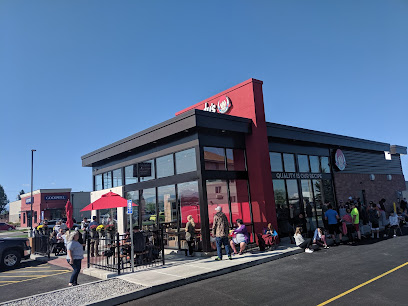
Faye's Cafe
Discover diverse global flavors at Faye's Cafe in Livingston - your go-to spot for breakfast, brunch, and takeout delights!
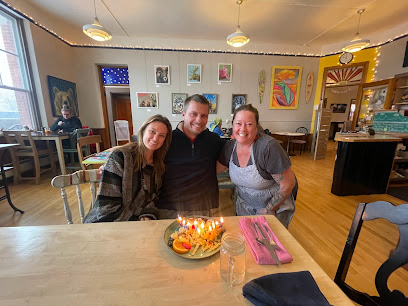
Yesterday's Soda Fountain and Restaurant
Discover Yesterday's Soda Fountain and Restaurant: A nostalgic dining experience featuring classic American dishes and delightful ice cream treats in Ennis, Montana.
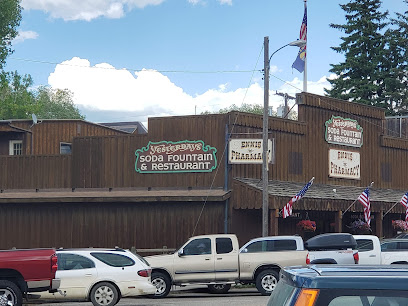
Horn and Cantle
Experience fine dining at Horn and Cantle in Big Sky, Montana - where local flavors meet breathtaking mountain views.
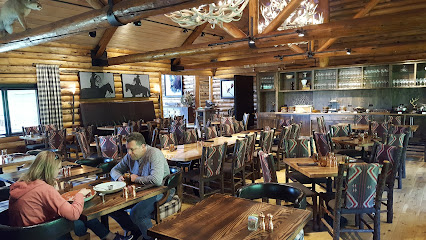
Follow Yer' Nose BBQ
Experience authentic barbecue at Follow Yer' Nose BBQ in Emigrant, Montana – where every bite is infused with smoky goodness and local charm.
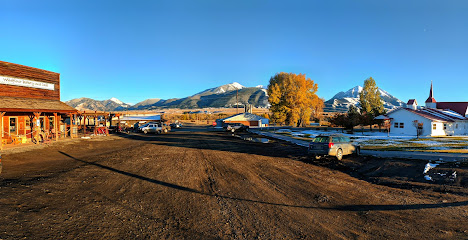
Markets, malls and hidden boutiques
Gallatin Valley Mall
Discover the charm of shopping at Gallatin Valley Mall, your go-to destination for gifts, fashion, and dining in Bozeman, Montana.

Heyday
Discover unique treasures at Heyday, Bozeman's charming gift shop, featuring local artistry and handcrafted goods for every occasion.
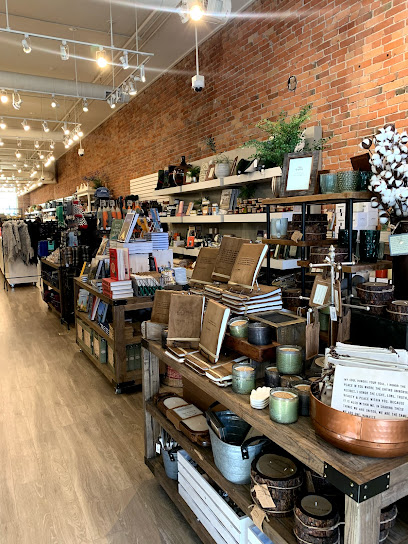
Montana Gift Corral - Downtown Bozeman
Experience the essence of Montana at Montana Gift Corral, your go-to shop for unique gifts, local crafts, and festive holiday treasures in Bozeman.
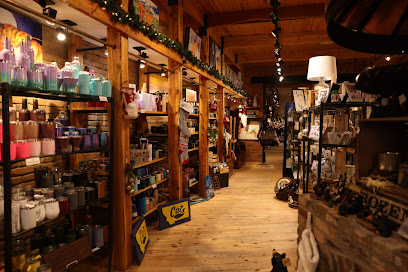
Gardiner Gifts
Explore Gardiner Gifts for unique souvenirs and local treasures that capture the spirit of Montana and Yellowstone National Park.
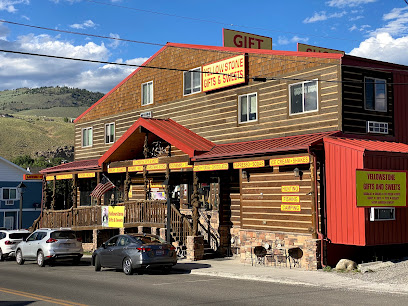
Wild Trout Outfitters Inc.
Discover the premier destination for fishing gear and outdoor adventures at Wild Trout Outfitters in Gallatin Gateway, Montana.
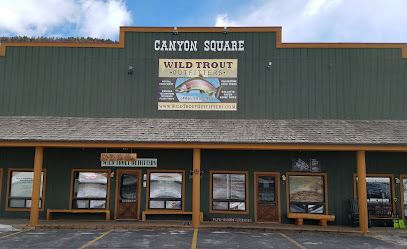
Great Rocky Mountain Toy Company
Discover a charming toy and gift store in Bozeman, Montana, offering unique selections for all ages and a delightful shopping experience.
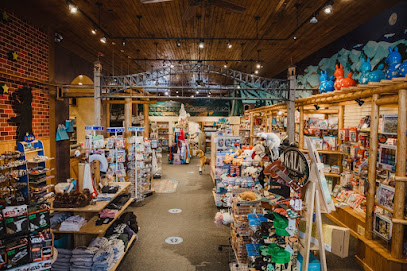
Consignment Cabin of Big Sky
Explore the Consignment Cabin of Big Sky for unique gifts, vintage treasures, and a taste of Montana's local charm in a cozy shopping atmosphere.
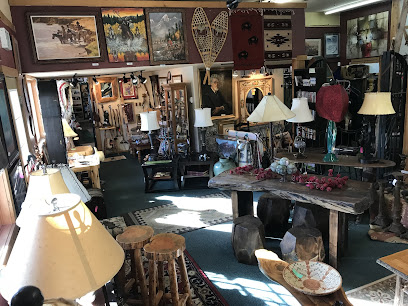
Gallatin National Forest
Discover the breathtaking landscapes and rich wildlife of Gallatin National Forest, a natural paradise in Montana perfect for outdoor adventures.
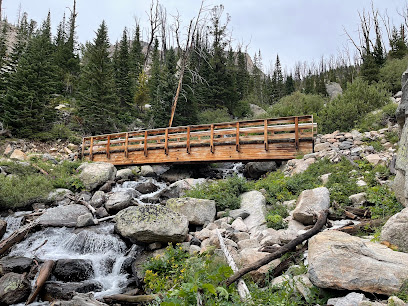
Jill Zeidler Ceramic Art Studio + Shop
Explore Jill Zeidler Ceramic Art Studio + Shop in Big Sky, MT for unique handcrafted ceramics and a warm artistic atmosphere.

Cosmica World Boutique - Women's Clothing Store
Explore unique women's fashion at Cosmica World Boutique, a charming store in Bozeman, Montana offering contemporary styles for every occasion.

Big Sky Home Furnishings
Explore the unique charm of Big Sky Home Furnishings, where quality meets Montana's rustic elegance in furniture and decor.

Big Sky Thrift
Explore the charm of Big Sky Thrift, where every visit offers new treasures and vintage finds in the heart of Montana.

Rhinestone Cowgirl
Explore unique Western fashion at Rhinestone Cowgirl, the must-visit women's clothing store in Big Sky, Montana, perfect for stylish travelers.
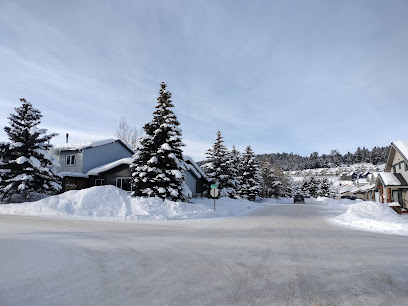
The Trove West
Discover a unique blend of gifts, handmade candles, and children's treasures at The Trove West in Big Sky, Montana.
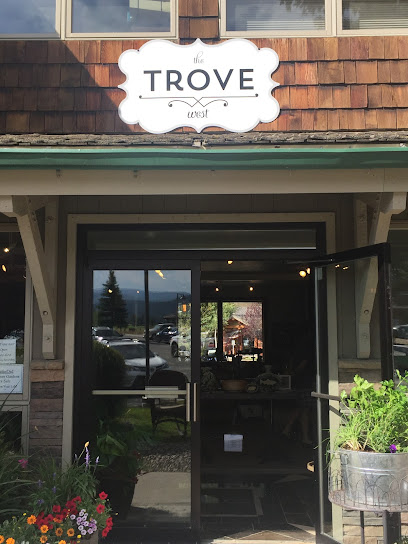
J P Woolies
Explore J P Woolies in Big Sky, Montana – Your go-to gift shop for unique souvenirs and local crafts that capture the spirit of the Rockies.
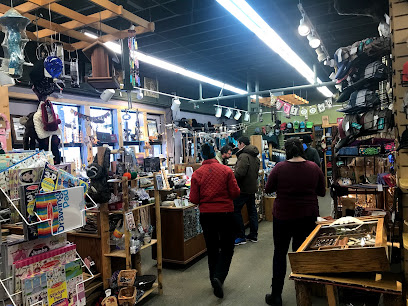
Essential bars & hidden hideouts
Riverhouse BBQ & Events
Experience the ultimate barbecue indulgence at Riverhouse BBQ & Events in beautiful Gallatin Gateway, Montana, where flavors meet breathtaking views.
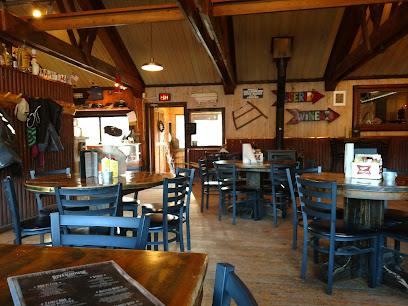
The Old Saloon
Experience the rich heritage and delicious flavors of Montana at The Old Saloon, a beloved bar and restaurant in Emigrant.
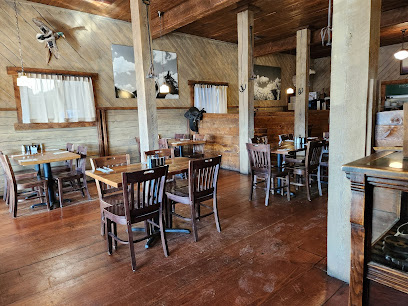
Stacey's Old Faithful Bar & Steakhouse
Experience the heart of Montana dining at Stacey's Old Faithful Bar & Steakhouse, where rustic charm meets delicious cuisine in Gallatin Gateway.
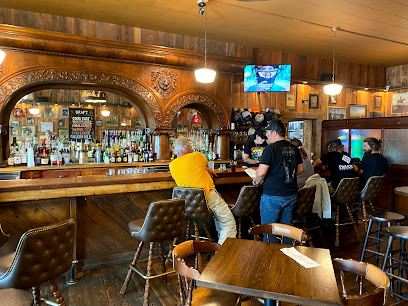
Rocking R Bar
Experience the vibrant nightlife of Bozeman at Rocking R Bar, where great drinks and lively entertainment await you.
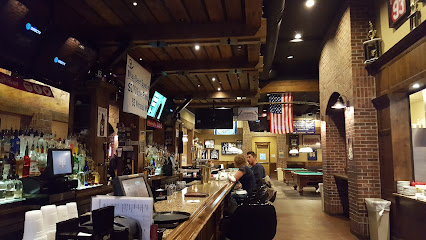
Corral Bar, Steakhouse & Motel
Experience the best of Montana dining at Corral Bar, Steakhouse & Motel, a perfect blend of rustic charm and culinary excellence.
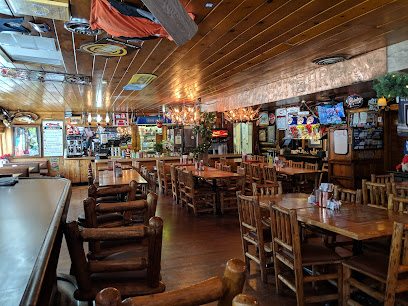
Horn and Cantle
Indulge in exquisite flavors and a warm atmosphere at Horn and Cantle, Big Sky's premier dining destination for families and food lovers alike.
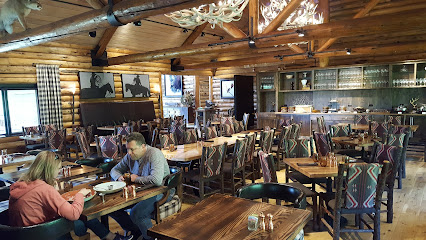
Scissorbills Saloon
Discover the lively spirit of Big Sky at Scissorbills Saloon, where delicious food meets vibrant live music in a rustic setting.
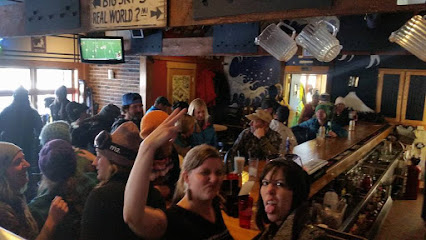
The Molly Brown Bar
Discover the vibrant nightlife at The Molly Brown Bar - a cozy spot in Bozeman offering craft beers, cocktails, and a friendly atmosphere.
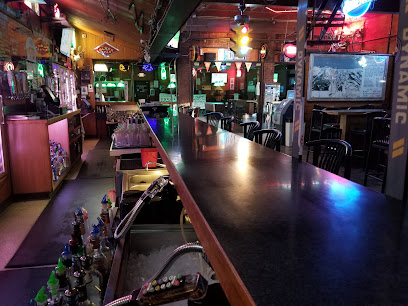
Emigrant Outpost
Discover the flavors of Montana at Emigrant Outpost, where local ingredients meet warm hospitality in a beautiful setting.
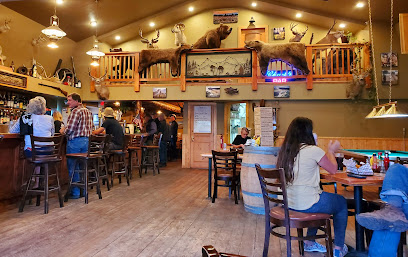
Devil's Toboggan
Discover the vibrant ambiance and unique offerings of Devil's Toboggan, the premier bar in Bozeman, Montana, perfect for relaxation and socializing.

Antler Pub & Grill
Savor hearty comfort food in a rustic atmosphere at Antler Pub & Grill, a beloved dining spot in Gardiner, Montana, near Yellowstone National Park.
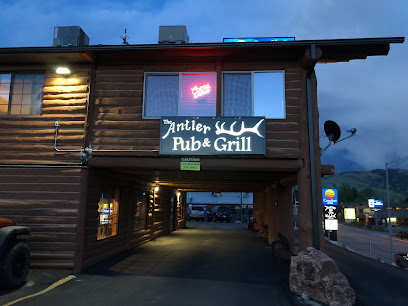
Tips Up Big Sky
Experience the best of Big Sky at Tips Up Big Sky, where delicious grill cuisine meets a friendly atmosphere in the heart of Montana.
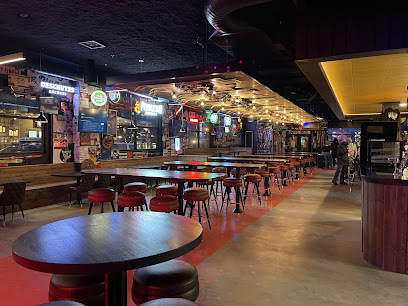
The Cabin Bar & Grill
Discover the flavors of America at The Cabin Bar & Grill in Big Sky, Montana—a perfect blend of rustic charm and culinary delight.
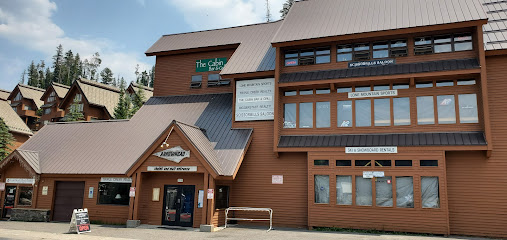
Blue Moon Saloon
Experience the essence of Montana at Blue Moon Saloon, where hearty grill delights meet a cozy lodge atmosphere amidst stunning landscapes.
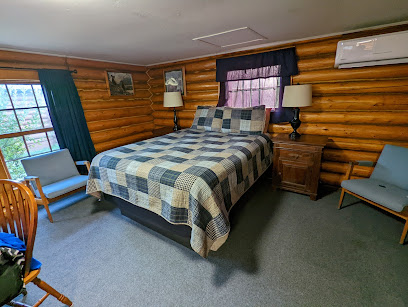
Grizzly Bar & Grill
Experience a unique blend of Montana's grill delights, bar vibrancy, and casino fun at Grizzly Bar & Grill, your ultimate dining destination.
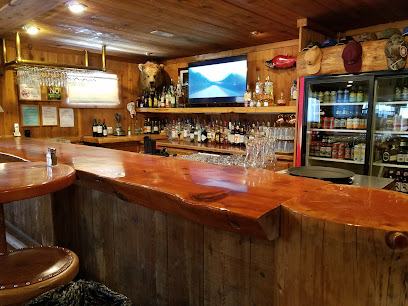
Local Phrases about Gallatin National Forest
-
- HelloHowdy
[haw-dee] - GoodbyeSee ya later
[see yuh lay-ter] - YesYup
[yuhp] - NoNope
[nohp] - Please/You're welcomePlease/You're welcome
[pleez/yer welcome] - Thank youThanks a lot
[thanks uh lot] - Excuse me/SorryPardon me
[par-dun me] - How are you?Howdy
[haw-dee] - Fine. And you?I'm good. How 'bout you?
[ahm good. how 'bout yuh] - Do you speak English?Ya speak English?
[yuh speak ing-glish] - I don't understandI ain't gettin' ya
[ah aint get-tin yuh]
- HelloHowdy
-
- I'd like to see the menu, pleaseCan I take a gander at the menu?
[kan eye take uh gan-der at the menu] - I don't eat meatI don't eat critters
[ah don't eat crit-ters] - Cheers!Cheers!
[cheers] - I would like to pay, pleaseI reckon it's time to settle up
[ah reckon its time to set-tul up]
- I'd like to see the menu, pleaseCan I take a gander at the menu?
-
- Help!Help!
[help] - Go away!Git!
[git] - Call the Police!Call the Sheriff!
[call the sher-iff] - Call a doctor!Call the doc!
[call the doc] - I'm lostI'm plumb lost
[ahm plumb lost] - I'm illI'm feelin' poorly
[ahm feelin poor-ly]
- Help!Help!
-
- I'd like to buy...I'm fixin' to purchase...
[ahm fix-in to pur-chase] - I'm just lookingJust browsin'
[just brow-zin] - How much is it?What's the damage?
[whats the dam-age] - That's too expensiveThat's a mite pricey
[thats uh mite prye-see] - Can you lower the price?Can ya do any better on the price?
[kan yuh do any bet-ter on the price]
- I'd like to buy...I'm fixin' to purchase...
-
- What time is it?What's the hour?
[whats the hour] - It's one o'clockIt's one
[its one] - Half past (10)Half past ten
[half past ten] - MorningMornin'
[mornin] - AfternoonAfternoon
[afternoon] - EveningEvenin'
[evenin] - YesterdayYest'day
[yest-day] - TodayToday
[today] - TomorrowTomorrow
[tomorrow] - 1One
[wun] - 2Two
[too] - 3Three
[three] - 4Four
[four] - 5Five
[five] - 6Six
[six] - 7Seven
[seven] - 8Eight
[eight] - 9Nine
[nine] - 10Ten
[ten]
- What time is it?What's the hour?
-
- Where's a/the...?Where's the...?
[wheres the] - What's the address?What's the street?
[whats the street] - Can you show me (on the map)?Can ya point it out (on the map)?
[kan yuh point it out on the map] - When's the next (bus)?When's the next bus?
[whens the next bus] - A ticket (to ....)A ticket (to ....)
[uh ticket to]
- Where's a/the...?Where's the...?
History of Gallatin National Forest
-
Long before European settlers arrived, the area now known as Gallatin National Forest was home to various Native American tribes including the Crow, Blackfeet, and Shoshone. These tribes relied on the land for hunting, fishing, and gathering, establishing a deep spiritual connection with the region's natural resources.
-
In the early 1800s, the famous Lewis and Clark Expedition passed through the Gallatin Valley. The explorers documented the diverse flora and fauna of the region, providing some of the earliest recorded observations of the area's natural beauty. Their journey through the Gallatin National Forest marked a significant moment in the westward expansion of the United States.
-
Gallatin National Forest was officially established on February 10, 1899. Named after Albert Gallatin, a prominent politician and ethnologist, the forest was created to protect the area’s rich biodiversity and provide a sustainable source of timber. This designation marked the beginning of federal conservation efforts in the region.
-
One of the most significant modern events in the Gallatin National Forest was the Big Timber Fire, which occurred in 2006. The fire burned over 26,000 acres of forest land, leading to major changes in forest management practices and sparking a renewed focus on fire prevention and mitigation.
-
The Gallatin Petrified Forest, located within the national forest, is one of the most significant petrified forests in North America. It offers a glimpse into the region's prehistoric past, with well-preserved fossilized trees that are millions of years old. The site has been an important area for scientific study and a point of cultural interest for visitors.
-
Since its establishment, Gallatin National Forest has become a prime destination for outdoor enthusiasts. The forest offers a variety of recreational activities such as hiking, camping, fishing, and skiing. The area's natural beauty and diverse ecosystems have made it a cornerstone for tourism and outdoor recreation in Montana.
Gallatin National Forest Essentials
-
Gallatin National Forest is located in southwestern Montana, United States. The nearest major airport is Bozeman Yellowstone International Airport (BZN), approximately 75 miles north of the forest. From the airport, you can rent a car or take a shuttle service to reach the forest. Alternatively, you can drive from nearby cities such as Billings or Missoula, both of which are within a few hours' drive.
-
Once you reach Gallatin National Forest, having your own vehicle is highly recommended to explore the vast area. There are several car rental agencies at Bozeman Yellowstone International Airport. Within the forest, there are numerous trails and scenic byways that are best accessed by car. For those who prefer not to drive, guided tours and shuttle services are available, especially during peak seasons.
-
The official currency is the United States Dollar (USD). Credit and debit cards are widely accepted in towns and tourist centers near Gallatin National Forest. However, it is advisable to carry some cash, especially if you plan to visit more remote areas where card facilities may not be available. ATMs can be found in nearby towns such as Bozeman and West Yellowstone.
-
Gallatin National Forest is generally safe for tourists, but it's important to take standard precautions. Be aware of your surroundings, especially in crowded areas. There are no specific high-crime neighborhoods targeting tourists, but it's always wise to lock your vehicle and secure your belongings. In the wilderness, follow bear safety guidelines and be cautious of wildlife.
-
In case of emergency, dial 911 for immediate assistance. Cell phone reception can be spotty in remote areas of the forest, so it's wise to have a map and inform someone of your travel plans. Medical facilities are available in nearby towns such as Bozeman. For minor health issues, there are pharmacies in these towns where you can purchase over-the-counter medications.
-
Fashion: Do wear layers and bring weather-appropriate clothing, as conditions can change rapidly. Avoid wearing strong perfumes, which can attract insects. Religion: Do respect any Native American cultural sites you may visit. Public Transport: Do use shuttle services responsibly and adhere to schedules. Don't rely solely on public transport within the forest, as options are limited. Greetings: Do greet park rangers and fellow hikers with a friendly nod or hello. Eating & Drinking: Do pack out all trash and food waste to keep the forest clean. Don't feed the wildlife, as this can be harmful to both animals and humans.
-
To experience Gallatin National Forest like a local, take the time to explore lesser-known trails and scenic spots. Visit in the early morning or late evening to avoid crowds and see wildlife. Engage with locals in nearby towns for recommendations on hidden gems. Don't miss out on seasonal activities such as fly fishing, cross-country skiing, and wildflower viewing. Staying in local lodges or campgrounds can also enhance your experience.
Nearby Cities to Gallatin National Forest
-
Things To Do in Bozeman
-
Things To Do in Yellowstone National Park
-
Things To Do in Butte
-
Things To Do in Helena
-
Things To Do in Rexburg
-
Things To Do in Cody
-
Things To Do in Jackson
-
Things To Do in Billings
-
Things To Do in Idaho Falls
-
Things To Do in Lewistown
-
Things To Do in Great Falls
-
Things To Do in Pocatello
-
Things To Do in Missoula
-
Things To Do in Sun Valley
-
Things To Do in Ketchum










